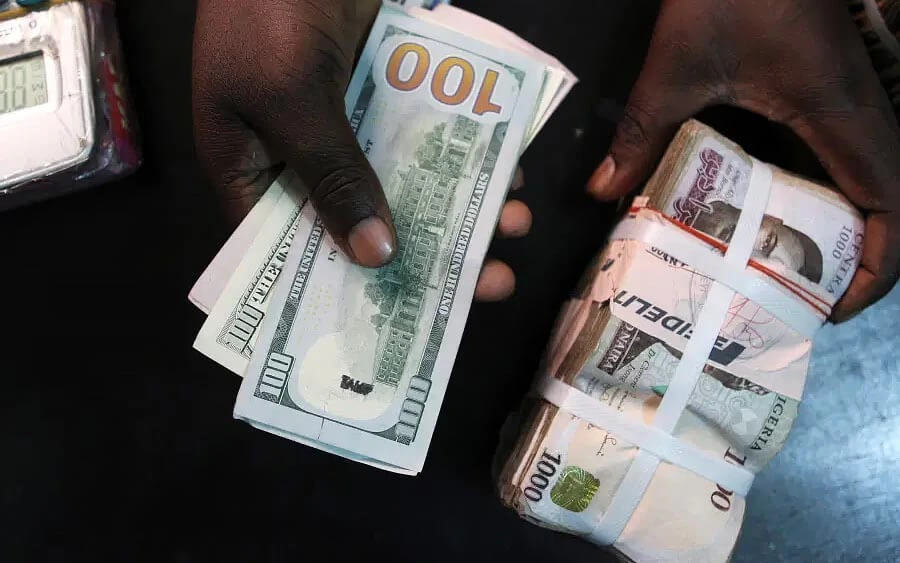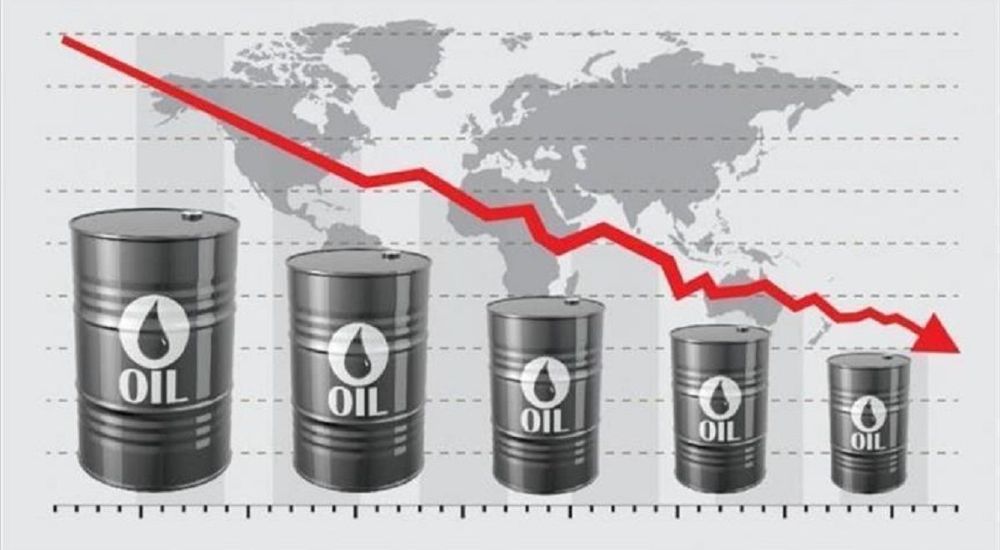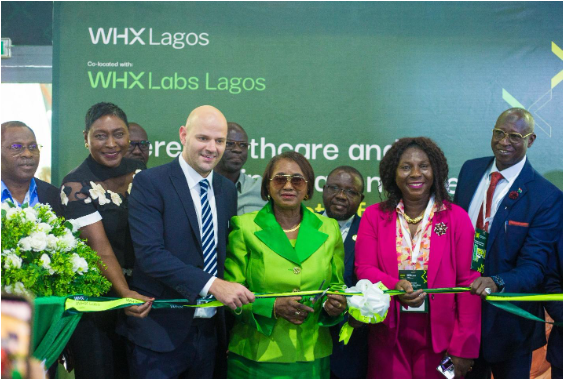Oil Price: Diversify Economy Or Risk Shocks, Afreximbank Warns FG

The African Export-Import Bank (AfreximBank) has called on the federal government to invest in the agriculture and manufacturing sectors to achieve a diversified economy.
The lender made the recommendation in its ‘African Debt Outlook.’
The recommendation comes amidst the government’s push to diversify the Nigerian economy away from hydrocarbon resources.
Over 95 percent of Nigeria’s foreign exchange earnings come from oil proceeds, and about 56 percent of the 2025 budget relies on oil proceeds for its revenue.
Experts believe that it is an unreliable foundation following the volatility of oil prices. The government had set benchmark crude oil prices at $75 per barrel.
But oil prices have fallen more than $15 below the benchmark set. The price of West Texas Intermediate (WTI) has fallen to $62.85 per barrel while Brent traded $65.9. per barrel on Wednesday, May 14, 2025.
Afreximbank said, “Resource-dependent countries should prioritize economic diversification to reduce vulnerability to commodity price shocks.
“For example, Nigeria should invest in agriculture and manufacturing, while Angola should develop its renewable energy sector.”
Reliance on oil has led to a fragile economy, which is forcing the government to borrow to meet its budget deficits.
According to the Debt Management Office (DMO), total public debt was $94.2bn or N144.6tn as of December 31, 2024.
Afreximbank said, “Countries should adopt sustainable borrowing practices, avoiding excessive reliance on commercial debt.
“They should also strengthen debt management institutions to improve transparency and accountability. Governments should establish robust social safety nets to protect vulnerable populations during external shocks.”
Despite several programmes of the government to improve the manufacturing and agricultural sectors, the Nigerian Association of Chambers of Commerce, Industry, Mines and Agriculture had accused the federal government of crowding out the private sector with harsh economic policies.
NACCIMA President, Dele Oye had cited instances of 15 per cent tax on Free Trade Zones introduced in the 2024 tax bill and issues around the 30 to 40 per cent interest rate, which commercial banks charge.
He said they do not support industry growth.
The NACCIMA boss said, “If the government can reduce its deficit financing, reduce its borrowing, they will even cap the borrowing for the public sector.
“The interbank rate will fall and the interest rate will fall. And the central bank supporting that, you will see that we have a different ecosystem where everyone can access loans.
“The government doesn’t even have the money to give. So, there are ways we have a strategy as a private sector where we can encourage the government to reduce their own borrowing and deficit financing and give us space, so they don’t crowd us out of the market.”
ENDS
Oil Price: Diversify Economy Or Risk Shocks, Afreximbank Warns FG is first published on The Whistler Newspaper




